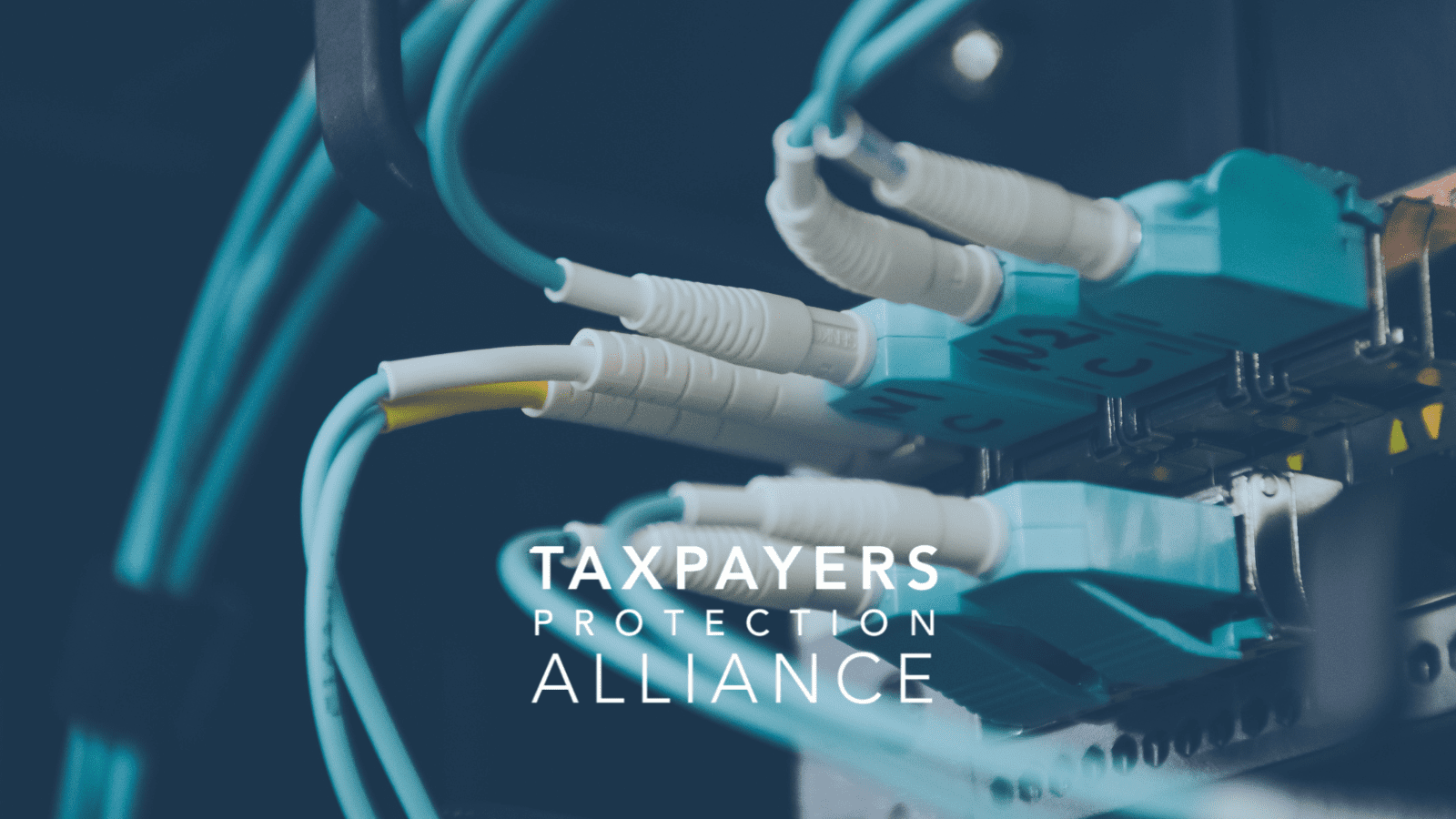
Government Broadband Consultants: The Big Grift Grows in 2025
Taxpayers Protection Alliance
August 12, 2025
Today, the Taxpayers Protection Alliance (TPA) released an update of its 2024 report “Government Broadband Consultants – The Big Grift.”
Since TPA released its initial study last July, more consultants have been rising to the forefront, working with cities and localities to push for the growth of more taxpayer-funded government-owned networks (GONs). With billions of federal and local taxpayer dollars being used for building high-speed internet infrastructure, broadband consulting is quickly becoming big business and a bigger grift.
As TPA has pointed out in its recent reports “GON with the Wind: The Failed Promise of Government Owned Networks Across the Country” and “GON with the Wind II: Frankly, Taxpayers Do Care,” consultants on municipal broadband projects have the answer before local governments even ask the question whether or not to build a GON.
TPA Director of Telecom Policy Johnny Kampis offered the following comment about the report’s update:
“Despite often being touted as a silver-bullet solution to close the digital divide for unserved Americans looking for broadband, GONs have consistently failed to fulfill their promises. It is unfortunate that with the proliferation of money through such initiatives as the $42.5 billion Broadband Equity, Access, and Deployment Program more consultants are coming out of the woodwork to push for GONs.”
New to this year’s version of the report are four new consultants, including Hometown Fiber. Hometown Fiber is now partnering with Willmar, Minnesota, on a controversial GON project. Hometown Fiber has been chosen to manage the proposed network, which will cost about $31 million to construct and be funded by general obligation bonds, backed by tax revenue from Willmar residents. The city of about 21,000 residents has already spent $675,000 in taxpayer money planning and researching the GON, which they intended to provide fiber to all residences and businesses in Willmar. The Council had signed an agreement with local provider Hometown Fiber to operate the network, an open-access model that would allow other providers to lease some of the fiber. As TPA previously pointed out, the open-access model can run into the same problems as middle-mile networks. Those problems include duplicative fiber, as major providers already have their own infrastructure in place, and the wasting of taxpayer money when private companies decline to lease the fiber.
“We will continue to monitor and report on some of the more egregious instances of taxpayer waste,” Kampis said.
Read the full report below:
Powered By EmbedPress
